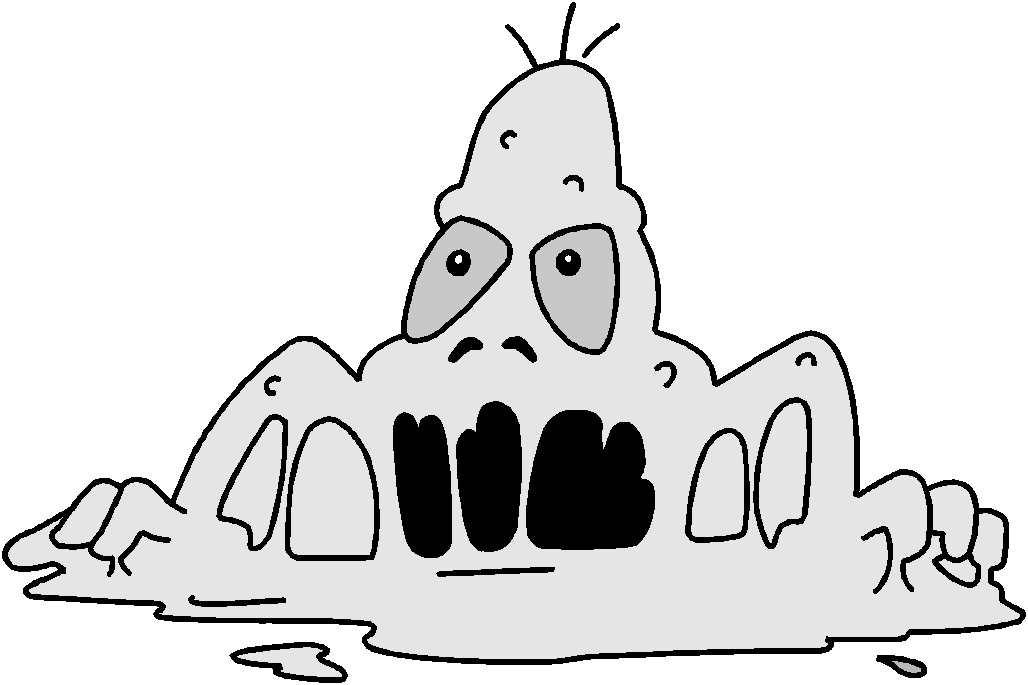September 26, 2005
Germs: The Smallest Members of Our Environment are the Scariest
By Michael D. Shaw
Poor Howard Hughes. Is he remembered for his legendary accomplishments in aviation, his “damn the torpedoes” style of film making, or his prodigious womanizing? Nowhere near as much as for his celebrated germ phobia. The problem now is that far too many people are emulating him for this phobia.
Many are irrationally frightened about rare illnesses and monster pathogens. But carried to its logical conclusion, one becomes another version of the late Mr. Hughes, eschewing contact with all outsiders, and morphing into a pathetic paranoid recluse. Surely, there is some sensible middle ground.
Everyone knows that microbes do cause countless diseases, and good personal hygiene is one of the best, easiest—and cheapest—ways to prevent colds, the flu, or other forms of illness. Hand washing is most important here, as is the prudent avoidance of shaking hands with an obviously sick person. We all instinctively try to give a wide berth to infected individuals, and are wise to protect young children from such exposure.
Bear in mind, though, that immunity can only be developed with some exposure, hence the notion of being vaccinated with weakened or dead pathogens. Back in the day, it was considered prudent to deliberately expose your child to chicken pox, if he had not already gotten the disease, since adult forms of Herpes zoster infection are far more serious. No doubt, this sort of thing would shock many of today’s parents.
Sadly, many of these same parents express all sorts of fears about germs AND vaccinations, but would somehow better protect their young child by embracing a no-tech approach to public health.
As to hand washing, it is sort of like safe driving: All we need is for the other guy to do it as well. Poor hand hygiene contributes to food-related illnesses caused by salmonella and E. coli infection. According to the U.S. Centers for Disease Control and Prevention (CDC), each year, as many as 76 million Americans contract a food-borne illness that better personal hygiene could have prevented. Of these, approximately 5,000 die as a result of their condition, while others suffer nausea, vomiting, or diarrhea.
Of course, another very easy way of getting sick from what you eat is to just not cook it properly. Check out the US Department of Agriculture’s recommendations for what temperatures constitute “done,” and use a thermometer. Once you do, I’m confident that you will be amazed at how cooking steaks and hamburgers by color alone can put you into dangerous territory. Maybe THAT’s why you always felt sick after having a barbecue at your old friend’s house!
Still, there is a fine line between prevention and just plain fear. According to Dr. Peter Galier, chief of staff at Santa Monica-UCLA Medical Center, a lot of misconceptions exist about generally harmless things. Take, for instance, the senseless fear about hotel or spa towels. “If it’s been laundered, even if it’s still stained, there’s not much you can catch,” Galier says.
What about toilet seats? Putrid appearances notwithstanding, Gailer notes that it’s “kind of hard to catch anything.” Which is to say, the compulsive who must always spray all counters and facilities with disinfectant is not necessarily making himself any safer. And what about airplane pillows and blankets, two seemingly pesky breeding grounds for illness? Catching something serious is, as Dr. Galier reminds us, highly unlikely. Here again, prudence is your best guide. If that pillow or blanket looks nasty, then avoid it. Most of us have an innate sense of what will harm us.
More colds occur during the winter months since people tend to be closed up in poorly ventilated facilities, re-breathing the same contaminated air. Moreover, this air tends to be drier, desiccating the very mucous membranes that would trap the viruses, as a first line of defense. So, get more fresh air, and use saline nose drops!
It is even possible that the holiday season itself, with its overindulgence, taxes the body, weakening the immune response. For those who tend to get depressed after or during this season, note that the immune system can follow suit, and also become depressed.
Don’t be a germ-phobe. Rather, be pro-active in a positive way: Learn what is really important to protect your health.

